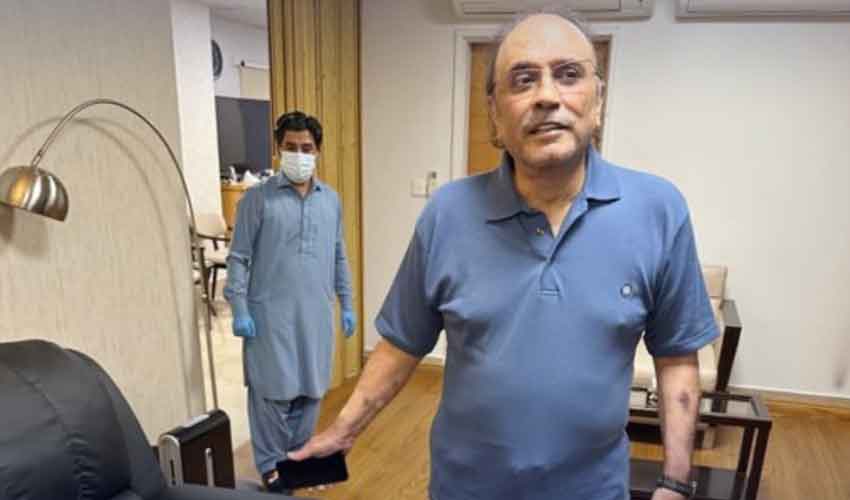The lives of minorities in India continue to face threats, especially following the third consecutive term of Prime Minister Narendra Modi's government. In Nagaland, concerns have grown over increasing military actions, particularly after a Supreme Court ruling on 17 September that dismissed criminal proceedings against 30 Indian soldiers.
These soldiers were accused of ambushing and killing 13 villagers, which led to further violence in the region. The Supreme Court's decision has fueled public anger and frustration in Nagaland, where residents demand justice. One of the victims' mothers, who lost her 32-year-old son, expressed deep disappointment, stating, "We are grieving and disappointed; we deserve justice."
The Indian Army personnel had allegedly killed the civilians under the Armed Forces Special Powers Act (AFSPA), 1958. This act gives the military sweeping powers to search, arrest, and use lethal force without facing consequences, provided they have the central government's approval. The law has been in effect in Assam and Manipur’s Naga regions since 1958, and many human rights advocates argue it is often misused to target innocent civilians.
Locals in Nagaland are increasingly questioning the silence of political figures like Rajya Sabha BJP member Phangnon Konyak. Her perceived inaction has caused frustration among the population, further raising concerns about the accountability of those in power.
As the Modi government continues its tenure, tensions in Nagaland and other minority-dominated regions remain high, with ongoing calls for justice and the repeal of AFSPA.



























